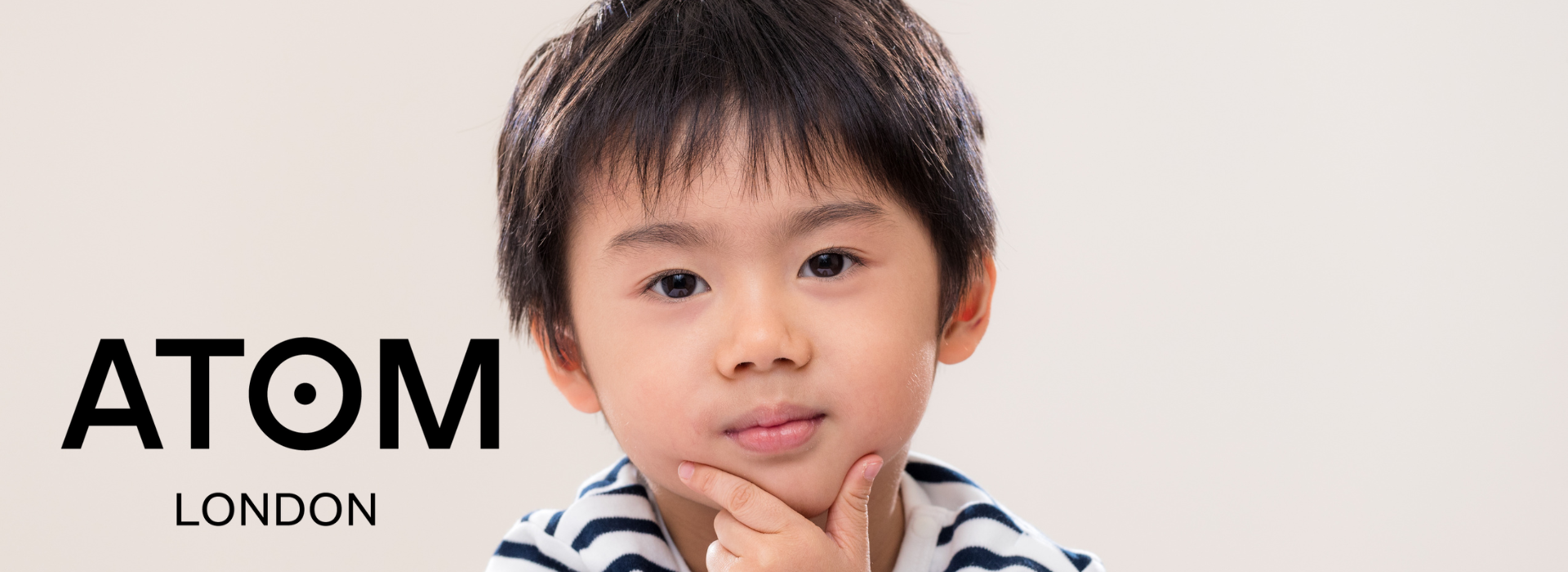

Understanding blue light exposure and its effects on the circadian rhythm in children
CLICK on the link below to participate.
https://hud.eu.qualtrics.com/jfe/form/SV_6MxDUeEWp60f5Ge
Children aged between 6 to 18 years are requested to participate in the study. It takes approx 10-15 minutes to answer the questions. It is completely anonymous. Parents can fill in the details on behalf of younger kids. Family with more than one children can complete the survey for each of the kids by using different mobile phones / laptop/ desktop. One device is allowed for one SURVEY to block multiple submissions from one person.
PLEASE MOTIVATE CHILDREN TO TAKE PART IN THIS STUDY and HELP GIVE BACK TO THE SOCIETY.
The government recently asked for more evidence on screen time in educational settings as they prepare to provide more evidence based guidance. Our project is aligned with their call for evidence.
Introduction
Screen use in children has significantly increased in the past decade, partly for leisure activities but also for educational purposes. We are researchers in the Centre of Vision across the Lifespan (CVLS) at the University of Huddersfield. We are reaching out to you to invite your school to be part of our research study looking into children’s behaviours in relation to screen devices (TV, smart phone, computer etc) and their eye and overall health. Prolonged screen time can have negative implication not only for ocular health but also for systemic health potentially leading or contributing to poor cardiovascular health later on in life. The study has full approval from the University of Huddersfield ethics committee (ethics number: SAS-SRIEC-28.07.23-1).
Purpose of the Study
In recent years, particularly since the Covid-19 pandemic, there has been a renewed interest in studying exposure to artificial lights from screen devices and what effect this may have on people’s health (eyes, sleep patterns, attention, focus etc). We know that there is a disruption in the ‘biological clock’ (which governs the rhythmic cycle of hormones that help us sleep) and this is linked with an increased risk in developing adverse health conditions such as diabetes and cardiovascular disease. However, the evidence base for children’s behaviours and the impact on children’s long-term health is very limited with no clear consensus. We expect this study to address this gap in the knowledge.
Significance of the research project
This research will
1. Provide information on the device habits of children
2. Help us link device habits to health indicators
Benefits of this research to schools / parents
The results from this study will inform health and education guidelines around children’s exposure to screen devices and their physical health. We will also share our findings with participating schools and children.
Research plan
We have designed a survey for children which explores their device habits, eye health, overall health and sleep patterns. The survey takes approximately 15 minutes to complete and is to be taken by children between the ages of 6-18 years.
School involvement
Participation of the school is entirely voluntary, but if you agree to help us carry out this study, we will send you a link to the electronic survey and we would appreciate you sharing this link with parents / guardians of the school through your normal communication channels. Information about the study and a consent statement is shown at the start of the survey – but we enclose a copy of the participant information for your own records. Parents
/ guardians and children are not obligated to take part in this survey and this is also indicated at the start of the survey.
Participant remuneration
As a token of our appreciation, we are able to offer a 25% discount for children’s sunglasses from Atom Eyewear. A discount link is available for participants once they have submitted the survey.
If you would like more information about this invitation or have any questions in relation to the study, please do not hesitate to communicate. We look forward to hearing from you.
Kind regards
On behalf of University of Huddersfield
Dr Romana Mughal
Dr Rebekka Heitmar
